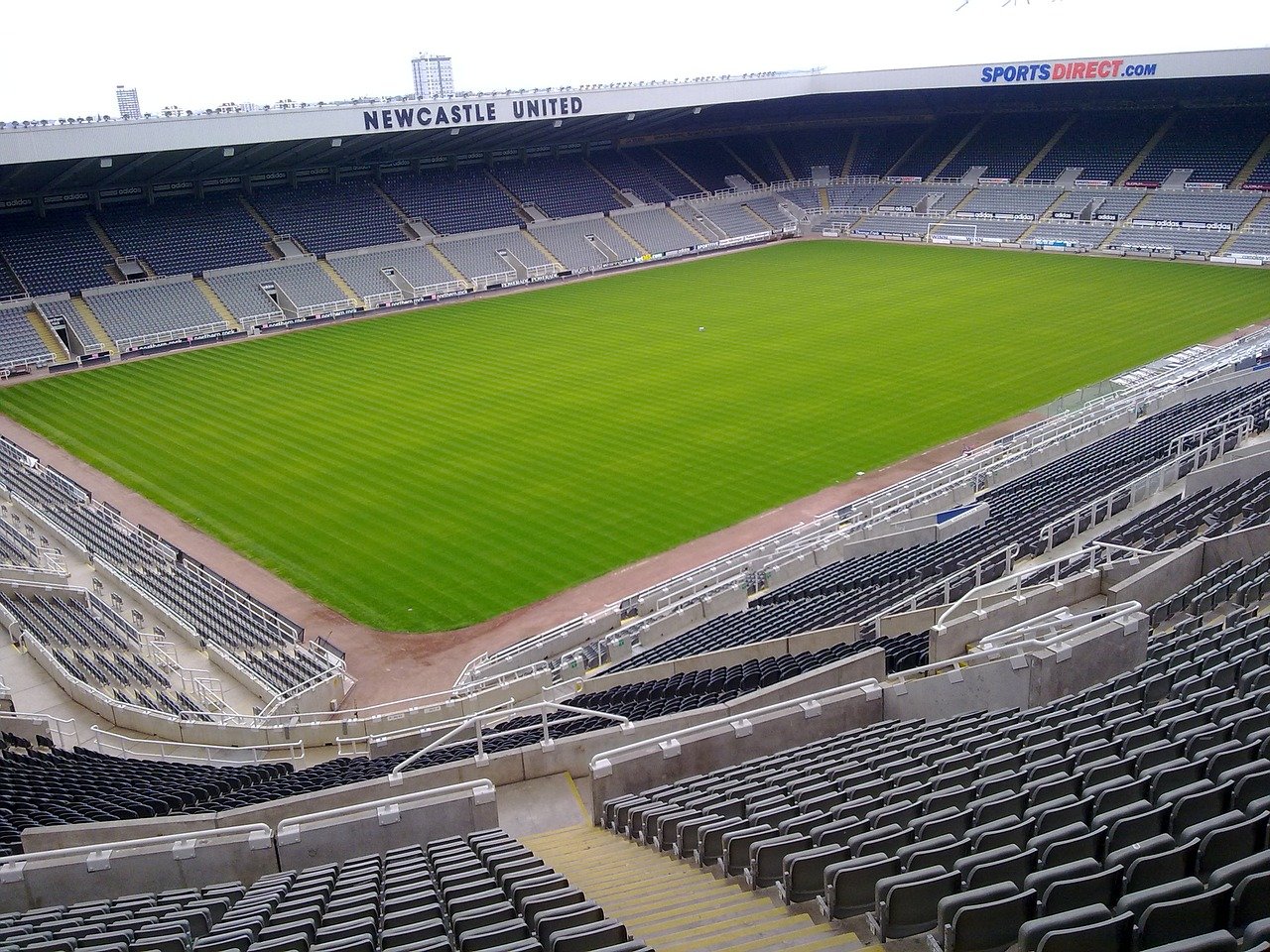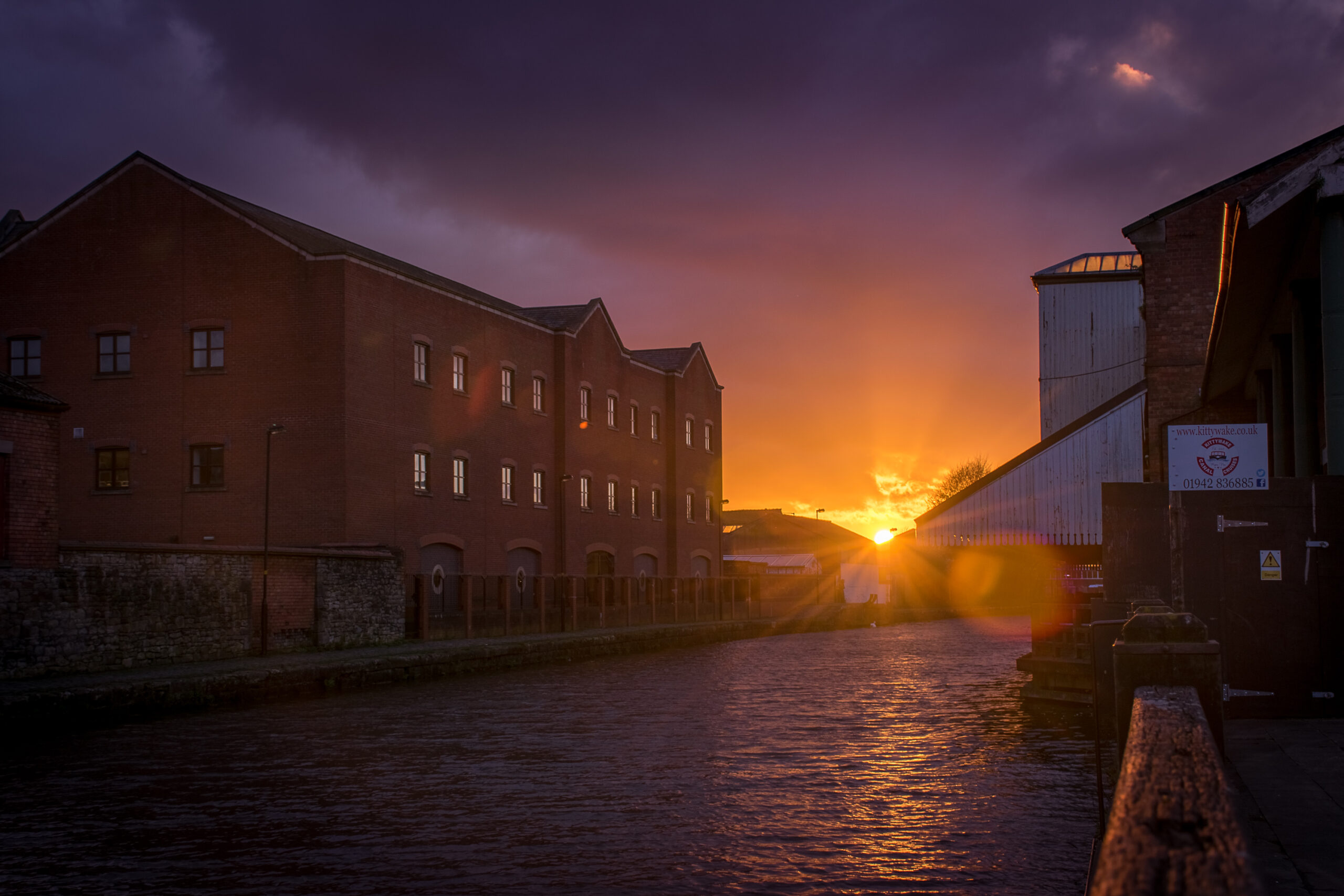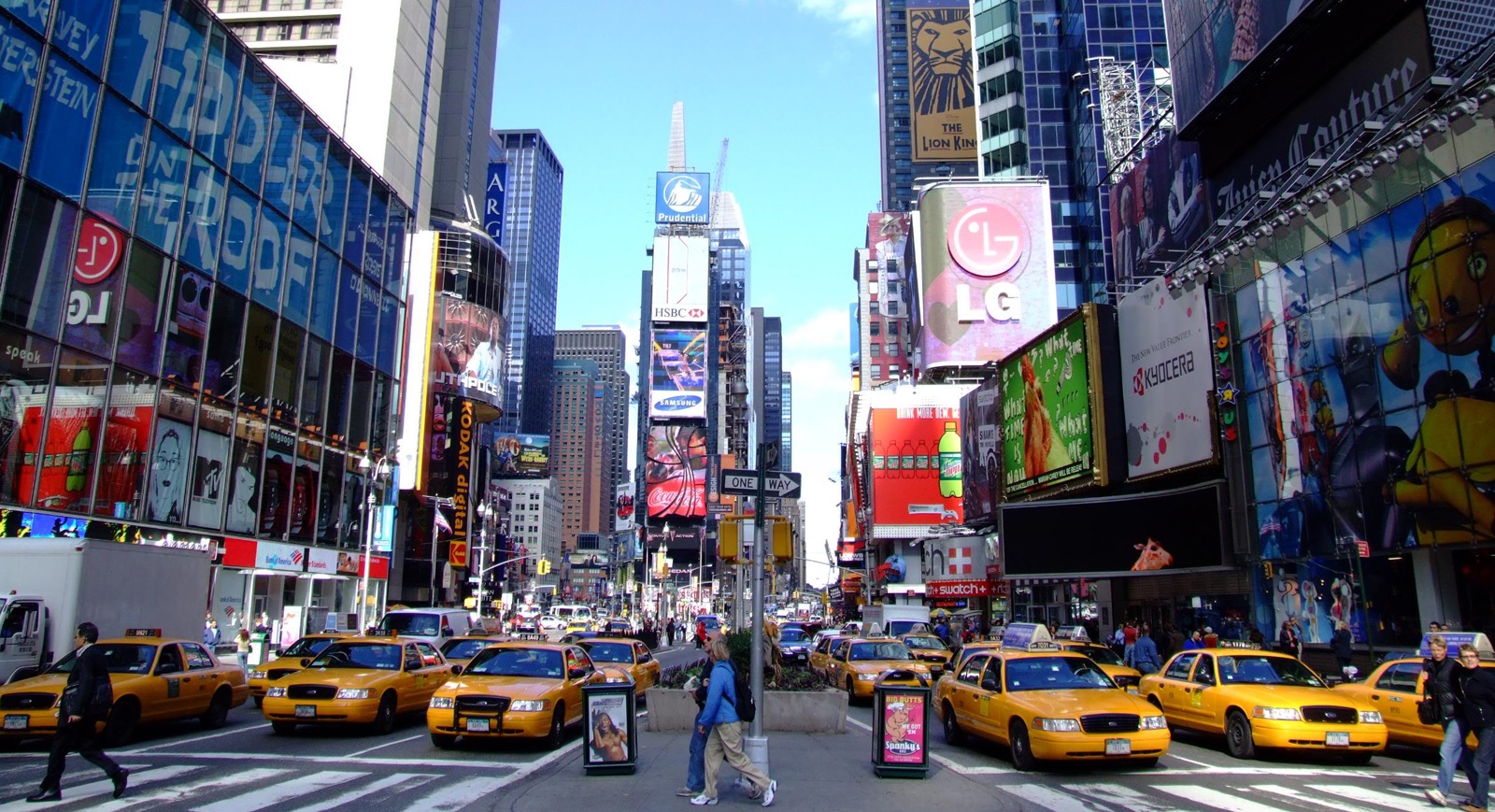It should come as no surprise that the music industry continues to be dominated by large corporations, motivated primarily by profit above all else. The advent of streaming has made musicians more reliant on touring, whilst label executives, ticket companies and streaming giants have continued to thrive.
The sense of community that coalesced around local music scenes is dissipating. Manchester remains defined by the music that exploded into the public consciousness during the 80s and 90s; Oasis, New Order etc. A period of enormous creative risk-taking, enabled by the power of record stores, independent music labels and a thriving music press, but those organisations have become outdated in a world where you can listen to anything, anywhere.
The result is an industry stuck between corporate-dominated labels and corporate-dominated live industry; increasingly tricky to enter and make a living from while becoming progressively distant to its listeners.
The internet has created new ways to find audiences for artists, yet live music has remained tied to geography and private ownership; this is where cooperative ownership models can provide an alternative to the increasingly corporate music industry.
Sister Midnight is an example of an independent label moving to continue to provide a relevant alternative. It recently became a Community Benefit Society and has begun to raise funds to buy The Ravensbourne Arms, a pub in the area that closed, which they plan to convert into a community-owned music venue and pub.
In recent weeks, they have thrown concerts to raise funds, featuring bands such as Mercury Prize-nominees Porridge Radio, and launched a community shares offer to allow anyone to invest.
Speaking to Mutual Interest, they mapped out their plan and the benefits of cooperative ownership.
The Issue of Ownership
When asked about the inspiration for the move, Sister Midnight explained that “the issue of ownership has long plagued grassroots music venues. The Music Venue Trust (who represent around 95% of the UK’s grassroots music venues) say that 93% of venues are tenants and don’t own the buildings they operate in.”
During the pandemic, this became a real issue as they “couldn’t negotiate a rent reduction with our landlord, so we were still paying full rent even though we were unable to trade.”
Sister Midnight got fortunate they got “to receive grant funding which helped to cover our core costs” but they were always hesitant to invest in infrastructure changes.
“It wouldn’t have made sense to invest it into a building we didn’t own – it would only be lining our landlords’ pocket and increasing the value of the building, giving them a reason to increase our rent. We knew that to be truly sustainable long term, we needed to own the building our venue would run from. That’s why we reformed as a Community Benefit Society, a type of not-for-profit organisation that is owned and democratically controlled by its members. Community Benefit Societies can raise capital through issuing community shares – and this is exactly what we’re doing to raise the money we need to buy the Ravensbourne Arms. “
Community Ownership
Community ownership of pubs is becoming increasingly popular, with the model is proving a resilient form of ownership. 99% of community-owned pubs are still in business, showing that anchoring pubs to the community and giving locals a real stake is a winning formula.
“For a long time now, traditional profit-driven models have been failing cultural institutions like pubs and venues, and these spaces are disappearing at an alarming rate. There are complex reasons why we’re seeing closures on a mass scale, but generally speaking, pubs and venues don’t close down because they’re not in demand. Local people and local communities make these businesses thrive, but the needs of these communities often come second to making a profit because businesses are fighting for survival in a tough economic climate. We need to put more power and ownership over these types of businesses into the hands of the communities.”
Community Benefit Societies are required to hold an AGM where members can vote on key strategic and business decisions but, Sister Midnight plans to get their members and the community more involved than the average cooperative.
“We’re working to develop mechanisms that will allow members to have a say on all sorts of things on a regular basis; what kind of bands play, what food is served, what beer is stocked. How exactly these mechanisms will function is something that we’re still figuring out – we’re looking at case studies of other co-operatively run venues and pubs across the UK to build the best possible system for member input. We’re committed to creating a space that truly gives local people a say, that will always be a priority in what we do.”
Relationship between Artists and the Community
Other recent cooperative attempts at creating a non-corporate music scene include the conversion of The Rising Sun pub into a housing cooperative by a group of musicians. Sister Midnight will be community-run but, they don’t foresee a problem developing between artists and pub-goers.
“We want the Ravensbourne Arms to be both an incredible local venue, and a great community pub. Operationally, I think this will be easy to handle as long as we adopt the right staffing structure and a working culture that helps us to build a resilient and agile team that can meet the demands of running a live music pub, and we feel very confident that we can do this.”
The new layout of the pub is one of the reasons behind this confidence. Ravensbourne Arms had previously been stripped out by property developers giving a blank canvas to work meaning “we can design the space to function as we need it to, with a separate space for gigs that enables us to have the pub open for walk-in trade, even when there are ticketed events on.”
Vibrant and diverse music
Sister Midnight wants to represent their community but also London’s thriving and remarkably vibrant music scene. “In South East London alone we’ve got thriving Jazz, DIY/ Punk, Grime, Hip-Hop, and Electronica music scenes, to name but a few. We want to represent all of these genres through our programming, we’re certainly not going to limit ourselves to any one strand of Lewisham’s music culture!”
“Sister Midnight’s old venue was such a tiny grassroots space, we didn’t have the kind of budget needed to take a more curatorial approach so it happened organically”. They gained a reputation as a “seedbed of talent” but with the move, they will have more resources and are looking to fine-tune this approach and “looking forward to being able to invite a far more diverse range of musicians to our stage.”
Sister Midnight resembles part of a movement organising for the music industry to reclaim its community-led feel. If you want to help them, you can contribute by purchasing community shares that will allow them to fund the purchase of The Ravensbourne Arms. There are also other cooperatives operating in the music industry – for example, Resonate is an alternative to Spotify owned by the musicians, listeners and the staff. Ampled is a platform similar to Patreon that enables direct support for musicians and is owned by the musicians themselves and their supporters.





